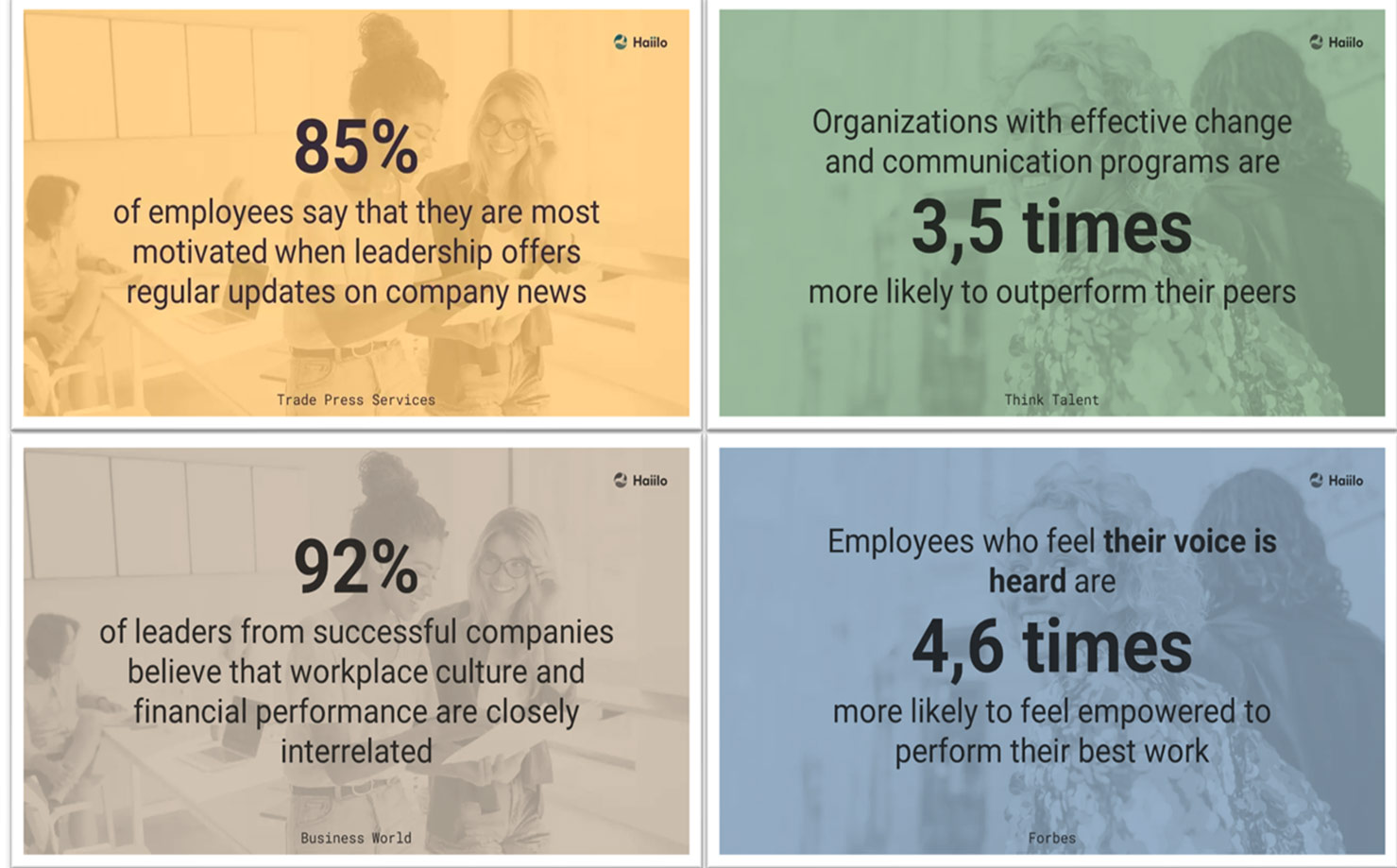
Culture Series: The Impact of Communication Practices on Culture
Picture Credit: https://shorturl.at/8h0U9
In my interactions with many clients, I have realized how many organizations downplay the importance of organization-wide communication practices. Effective communication is and will remain the cornerstone of a thriving organizational culture. For many organizations, communication may mean sending out emails for policy changes, events, activities, etc. However, I feel that effective communication is not the “What” of communication but the “How” of communication. Communication that is more personal, where the messaging impacts and touches the employees, tends to be more effective and creates a sense of ownership for people. Plain communication, which is just information sharing, does not create emotions, while healthy culture building is all about creating shared emotions.
A study by Towers Watson shows that companies with highly effective communication practices are 3.5 times more likely to outperform their peers. This highlights how vital it is for leaders to convey clear and consistent messages that are warm, about sharing success and failures and conveying the message that we are all in it. When leaders communicate openly, they build trust and set a tone of transparency and accountability throughout the organization. This, in turn, encourages employees to engage more fully with their work and with each other.
Communication practices also play a crucial role in aligning employees with the organization’s mission and values. However, it is not just about stating and sharing the vision; it is about communicating it through practice and examples. When employees understand and internalize these guiding principles, they are more likely to embody them in their daily work. This alignment helps create a cohesive culture where everyone is working towards common goals.
Effective communication can enhance employee engagement. A Harvard Business Review study found that companies with strong internal communication practices enjoy 47% higher total returns to shareholders. when employees feel informed and involved, they are more motivated and productive. Open lines of communication ensure that employees feel valued and heard, which boosts morale and fosters a positive work environment.
Communication is not just about the transfer of information; it’s about building relationships and fostering a sense of community within the organization. Good communication practices help to break down silos, promote collaboration, and drive innovation by encouraging the free flow of ideas.



